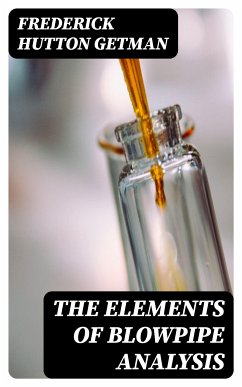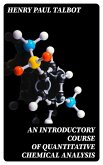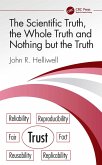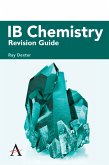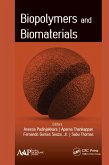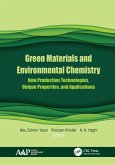In "The Elements of Blowpipe Analysis," Frederick Hutton Getman presents a comprehensive exploration of the techniques and principles governing the art of blowpipe analysis in mineralogy and chemistry. Employing a clear and systematic approach, Getman meticulously details the methodologies employed for qualitative and quantitative analysis, aligning with the scientific rigor prevalent in early 20th-century analytical practices. The text is richly illustrated, offering practical examples that serve to enhance the reader's understanding of this specialized technique, all while contextualizing its relevance within the broader landscape of emerging analytical chemistry during his time. Frederick Hutton Getman was a prominent figure in the field of mineralogy, whose fascination with the intricate relationship between raw materials and their chemical properties informed much of his scholarly work. His background in geology and chemistry provided him with a unique perspective, allowing him to illuminate the nuances of blowpipe analysis. Getman's commitment to advancing scientific knowledge and his dedication to education reflect his motivations for penning this seminal work, aimed at both students and practitioners of the sciences. This authoritative text is highly recommended for anyone interested in mineral analysis, chemistry, or the historical development of scientific methodologies. Getman's lucid explanations and extensive illustrations make it an essential resource for both novices and experienced practitioners, ensuring that vital techniques are preserved and understood.
Dieser Download kann aus rechtlichen Gründen nur mit Rechnungsadresse in A, B, BG, CY, CZ, D, DK, EW, FIN, F, GR, H, IRL, I, LT, L, LR, M, NL, PL, P, R, S, SLO, SK ausgeliefert werden.

